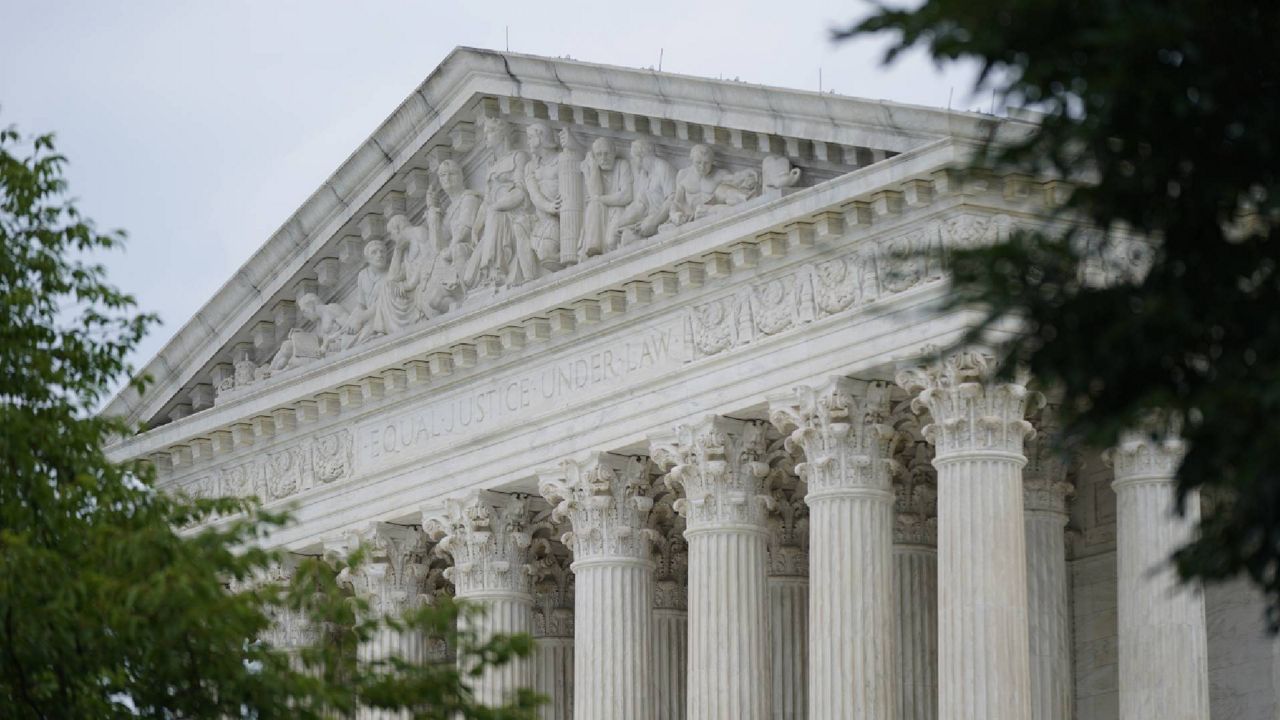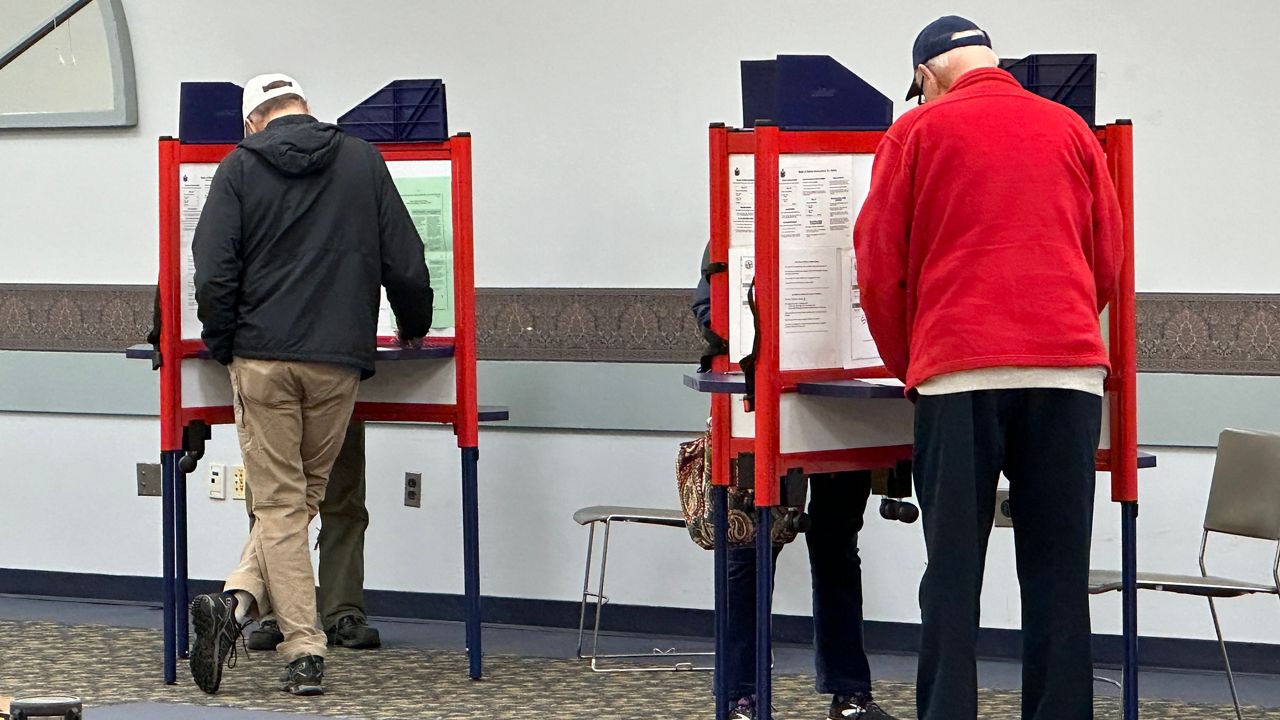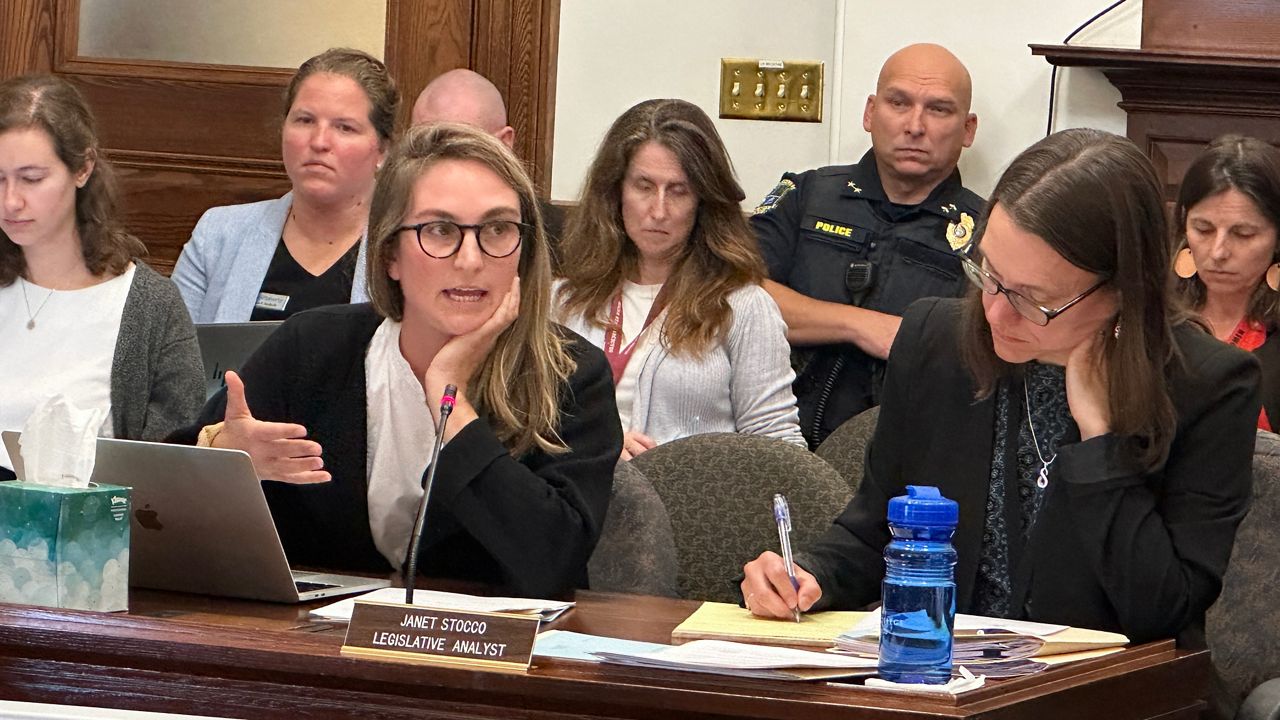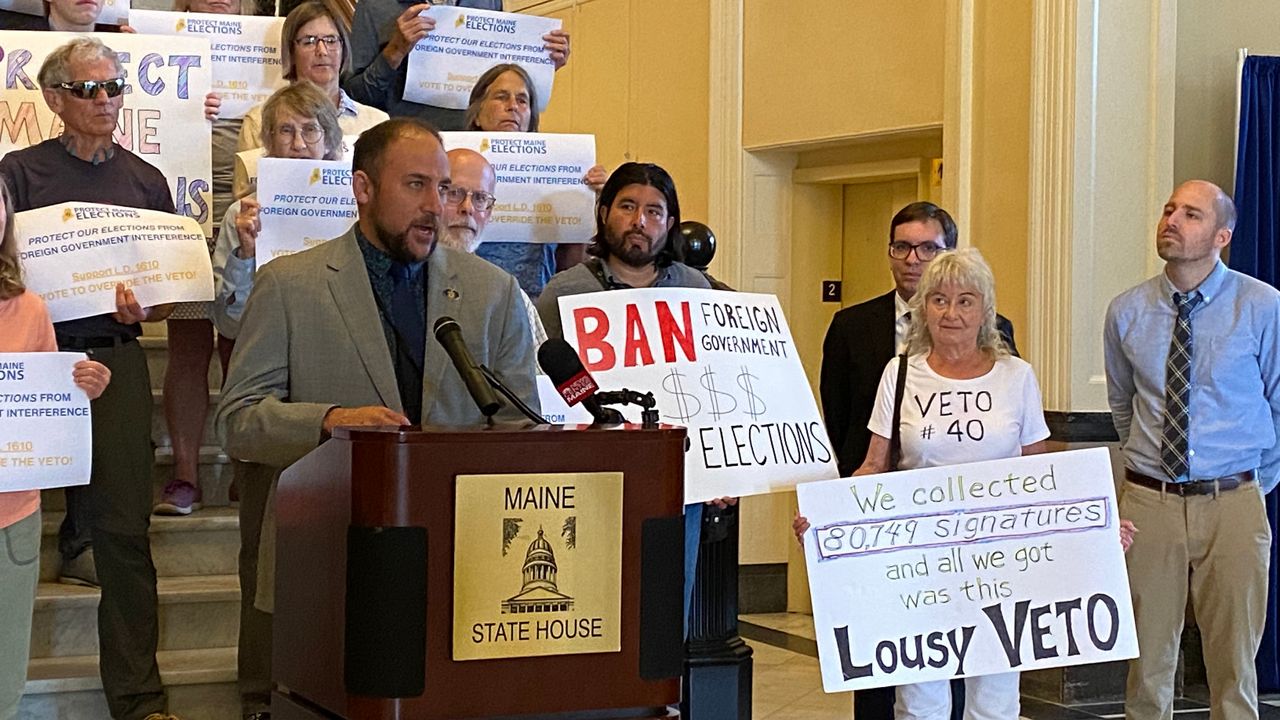The controversial U.S. Supreme Court decision earlier this summer declaring it unconstitutional for Maine to declare religious schools exempt from a state-funded tuition program has not led to an influx of applicants for state funding, according to the state Department of Education.
“To date, no religious school has applied for approval of public tuition students,” said Markus Mrowka, the department’s spokesperson.
The Supreme Court issued its 6-3 ruling on the Carson vs. Makin case on June 21. The case stems from a 2018 lawsuit by two sets of parents, David and Amy Carson, of Glenburn, and Troy and Angela Nelson, of Palermo. The Carsons wanted to send both their children to Bangor Christian Academy, while the Nelsons wanted to send their children to Temple Academy in Waterville. Both are private high schools known to promote strong conservative Christian beliefs.
The Carsons and Nelsons wanted the state to fund their childrens’ tuitions under a state program that provides funding for school districts that don’t have their own high schools or agreements to send students to other districts’ high schools. The program, established in the 19th century, was amended in 1981 to exclude religious high schools (The Maine School Management Association, which helped to craft the amendment in 1981, did not respond to requests for an interview this week).
Attorneys for the Carsons and Nelsons argued that such an exclusion was unconstitutional, and Chief Justice John Roberts agreed.
“Maine’s ‘nonsectarian’ requirement for its otherwise generally available tuition assistance payments violates the Free Exercise Clause of the First Amendment,” Roberts wrote in the court’s opinion.
Dissenters on the court, including Justice Sonia Sotomayor, argued that the ruling whittles away at the separation of church and state, an opinion echoed by critics.
“For over 20 years, every court that has heard a challenge to Maine's law that prohibits public funding of religious education has upheld its constitutionality,” Zachary Heiden, chief counsel at the ACLU of Maine, said in a statement on the day of the court’s decision. “But this Supreme Court has rendered a decision completely contrary to the founding principle of separation of church and state. The First Amendment hasn't changed, and Maine's program hasn't changed. Today's decision tells us none of this matters.”
Despite the controversy, in Maine there is no evidence of any family or school district taking advantage of the Supreme Court’s decision. The program, according to the state department’s website, works largely on the local level: A school wishing to receive state funding must apply and, assuming the student in question lives in a district where there is not sufficient public school options, the state will issue funding to the child’s home district, which then pays the school.
Because much of the program is administered locally, Mrowka said, the state does not have data on how many students are currently attending private schools statewide under the program. He did say, however, that no religious schools have applied for funding, even after the Supreme Court issued its decision.







)

